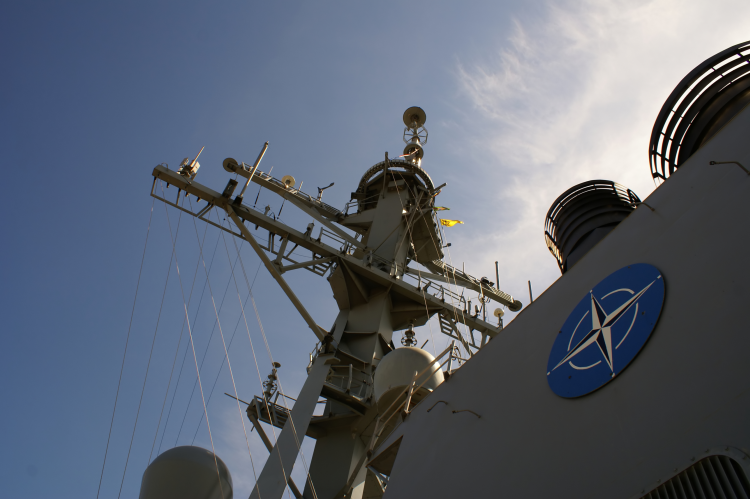NATO To Set Up New Unit To Monitor Pipelines / Other Critical Infrastructure

NATO will seek to establish a new unit for the improved protection of pipelines and other critical infrastructure in the oceans, especially, naturally, the Atlantic. The unit will serve as a strengthened maritime presence for deterrence and for the defense of NATO countries.
The Maritime Centre for the Security of Critical Undersea Infrastructure will be based in Northwood near London.
After the sabotage of Nord Stream 1 & 2 gas pipelines in the Baltic this past year NATO also set up a Coordination Cell in Brussels to better monitor pipelines and subsea cables that are deemed especially endangered by underwater drones and submarines.
Lieutenant General Hans-Werner Wiermann, head of the new cell, said that the Nord Stream incident had demonstrated the “clear and present danger our critical undersea infrastructure faces.”
But critical infrastructure also encompasses power lines, regasification units, refineries, nuclear power plants, as well as hydroelectric power plants, wind farms and solar power plants.
A senior NATO official has confirmed reports that Russia is using research vessels and covert "spy ship" trawlers to survey subsea cables and pipelines in Western Europe, potentially as a prelude to a future attack.
This past week, NATO assistant secretary general for intelligence, David Cattler, told Politico and other outlets that Russia is actively engaged in mapping out civilian infrastructure in NATO countries, including underwater assets. He described the possibility of a Russian attack as a "significant risk," and noted that Moscow has all the assets it needs to carry out a strike if it wants to retaliate for Western support for Ukraine.
"The Russians are more active than we’ve seen them in years in this domain [subsea survey]," Cattler told Politico. "When you look at the evidence of their activities now, the places they are doing surveys, overlaid with this critical undersea infrastructure ... you can see that they are at least signaling that they have the intent and the capability to take action."
All of this has followed in the wake of the Nord Stream 1&2 sabotage. The evolution of the NATO concept on the energy infrastructures’ protection, moving from the development of countermeasures to face cyber or hybrid threats to concrete initiatives aimed at countering armed attacks, which would provoke economic, environmental and energy damages, took a quantum leap after the Nord Stream bombing.
Dmitry Medvedev, Deputy Chairman of the Security Council of Russia, issued the most explicit threat yet this past week to cut off the West’s internet. Putin’s ally claims Moscow has ‘moral’ right to destroy critical undersea infrastructure after the Nord Stream pipelines were blown up.

